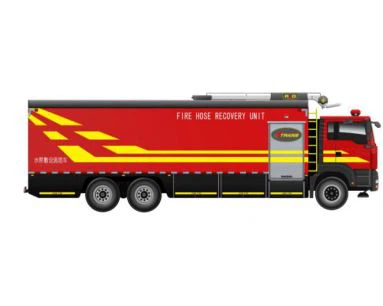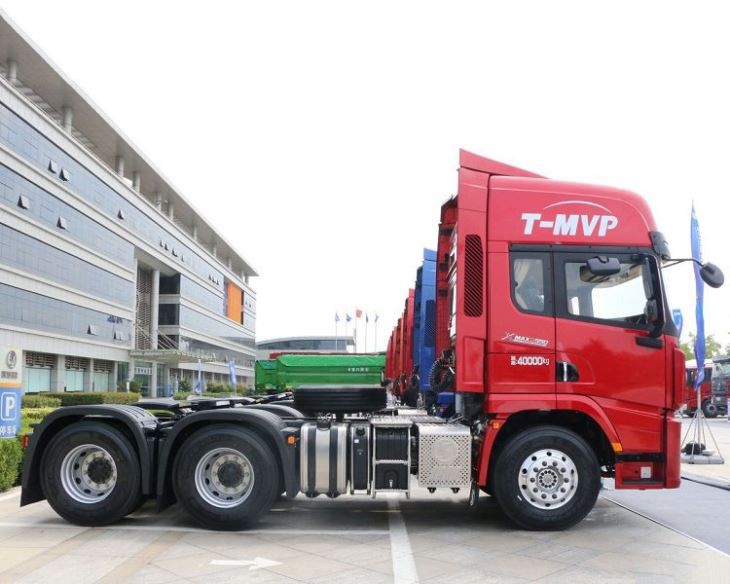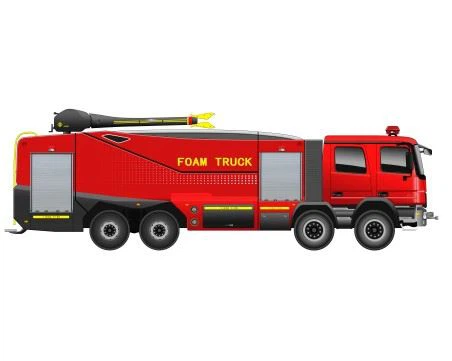2013 International 4300: A Comprehensive Overview

The 2013 International 4300 is a popular medium-duty truck known for its durability, versatility, and efficiency. Designed to handle various applications, from delivery services to construction, this truck is built to cater to the needs of businesses aiming for efficiency and reliability. In this article, we will delve into the various aspects of the 2013 International 4300, exploring its specifications, features, performance, maintenance tips, and more.
Table of Contents
- Specifications of the 2013 International 4300
- Key Features
- Performance and Efficiency
- Available Variations
- Maintenance Tips
- Common Issues and Troubleshooting
- Comparing the 2013 International 4300 with Competitors
- Real-World Usage Examples
- Frequently Asked Questions
Specifications of the 2013 International 4300
| Specification | Details |
|---|---|
| Engine Options | MaxxForce DT, MaxxForce 7 |
| Horsepower | 220-300 hp |
| Torque | 520-860 lb-ft |
| Transmission | Allison 1000 Series, Eaton Fuller |
| GVWR | 25,500 – 33,000 lbs |
| Wheelbase | 170 to 280 inches |
| Fuel Tank Capacity | 50-100 gallons |
Key Features
Durable Body and Chassis Design
The 2013 International 4300 is built with a rugged, all-steel body that stands up to the toughest conditions. The chassis design ensures a reliable frame that can handle heavy loads without compromising safety.
Comfortable Cab
This truck offers a spacious cab with ergonomic seating designed for long hours on the road. The dashboard layout is intuitive, allowing drivers to access vital information easily.
Advanced Safety Features
Safety is a top priority in the design of the 2013 International 4300. Features such as hydraulic brakes, advanced airbag systems, and optional collision mitigation systems enhance driver and cargo safety.
Performance and Efficiency
Engine Performance
The MaxxForce engines equipped in the International 4300 provide excellent horsepower and torque ratings, ensuring the truck can handle various payloads efficiently. Drivers can expect smooth acceleration and solid performance on both urban roads and highways.
Fuel Efficiency
With advancements in engine technology and aerodynamics, the 2013 International 4300 offers improved fuel efficiency compared to previous models. This not only lowers operating costs but also minimizes environmental impact.
Available Variations
Single Axle vs. Tandem Axle
The 2013 International 4300 comes in both single and tandem axle configurations, allowing customers to choose the suitable design based on their load requirements. Single-axle models are ideal for lighter loads, while tandem models offer additional support for heavier applications.
Box Truck, Flatbed, and More
This truck is versatile and available in multiple configurations such as box truck, flatbed, rollback, and dump truck, making it suitable for various industries, including construction, furniture delivery, and waste management.
Maintenance Tips
Regular Inspections
Conducting regular inspections is key to ensuring the 2013 International 4300 remains in top condition. Check fluid levels, tire pressure, and brake functionality on a routine basis.
Scheduled Servicing
Following the manufacturer’s recommended service schedule is crucial. This includes oil changes, filter replacements, and transmission checks, which help prolong the lifespan of the truck.
DIY Maintenance Tips
- Keep a maintenance log to track repairs and services.
- Use quality, manufacturer-recommended parts for any replacements.
- Consider using a digital tool to monitor vehicle health.
Common Issues and Troubleshooting
Engine Overheating
Engine overheating can occur due to coolant leaks or a failing radiator. Regularly inspect the cooling system and replace damaged parts promptly.
Transmission Slipping
If the truck’s transmission slips, it may be due to low fluid levels or a worn-out component. Ensure regular checks on fluid levels and change filters as needed.
Comparing the 2013 International 4300 with Competitors
International 4300 vs. Freightliner M2
The Freightliner M2 is a formidable competitor to the International 4300. While both trucks offer powerful engines, the M2 has more advanced features for driver comfort but lacks the ruggedness of the International body structure.
International 4300 vs. Hino 268

When comparing the two, the Hino 268 is often seen as more fuel-efficient. However, the International 4300 holds its ground in terms of payload capacity and durability, making it a solid choice for tough jobs.
Real-World Usage Examples
Delivery Services
Many delivery companies utilize the 2013 International 4300 for its ability to navigate urban environments while carrying significant payloads. Its reliability ensures timely deliveries, a crucial factor in this competitive industry.

Construction Site Applications
This truck is a common sight on construction sites, serving as a flatbed for hauling materials or a dump truck for removing debris. Its robust design allows it to withstand the rigors of construction work.
Frequently Asked Questions
What is the towing capacity of the 2013 International 4300?
The towing capacity of the 2013 International 4300 varies depending on the specific configuration and axle type but can generally range from 10,000 to 20,000 pounds.
How long does the 2013 International 4300 typically last?
With proper maintenance, you can expect the 2013 International 4300 to last over 500,000 miles, making it a durable option for businesses.
Where can I find parts for the 2013 International 4300?
Parts for the 2013 International 4300 can be sourced from International dealerships, third-party suppliers, and online marketplaces specializing in truck parts.

Can I convert the 2013 International 4300 into a sleeper truck?
Yes, there are aftermarket kits available for converting the 2013 International 4300 into a day cab with sleeper capabilities, allowing for longer hauls.
What kind of warranties are available for the 2013 International 4300?
Warranties vary by dealership but typically include standard manufacturer’s warranties that cover major components for a specific period or mileage. Always check with the dealer for specifics.
